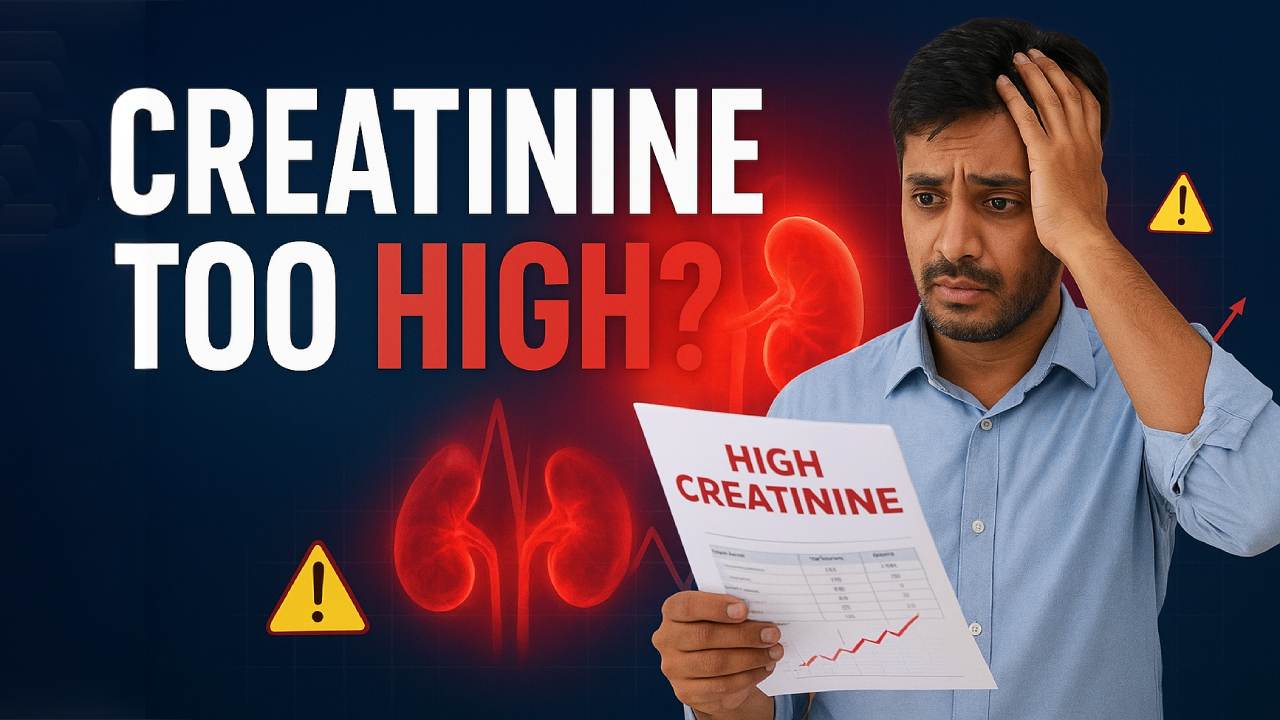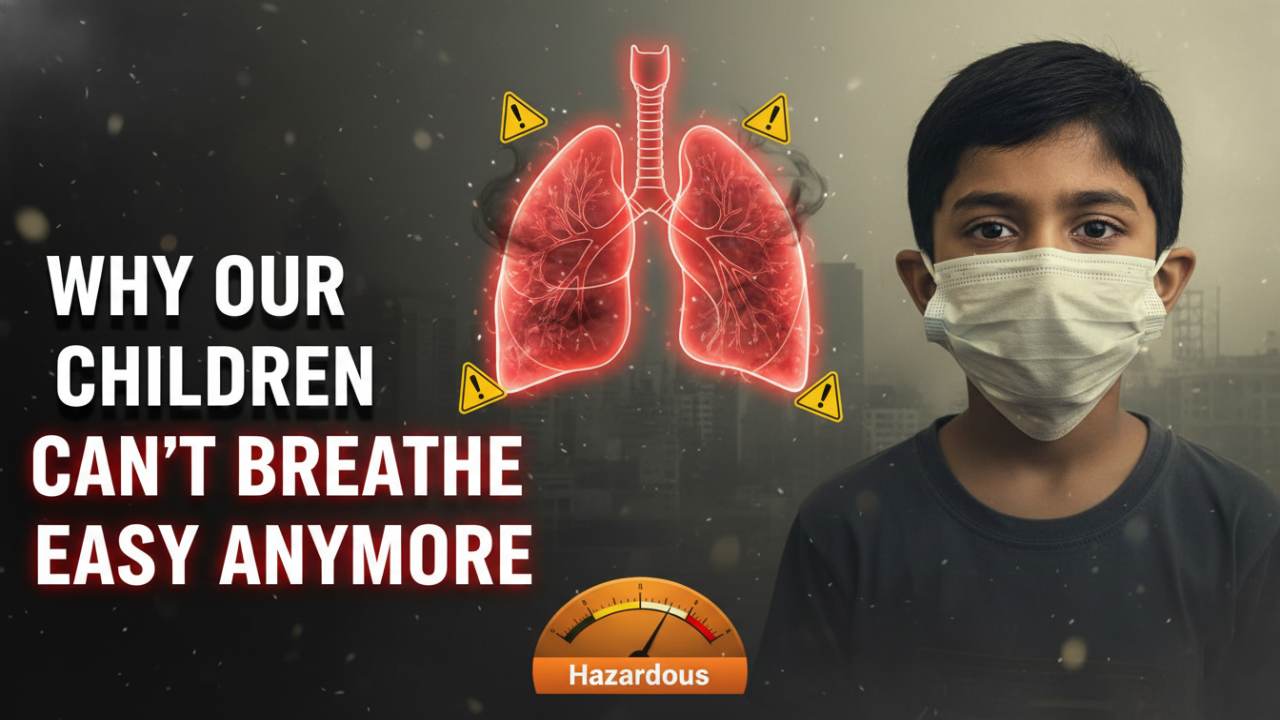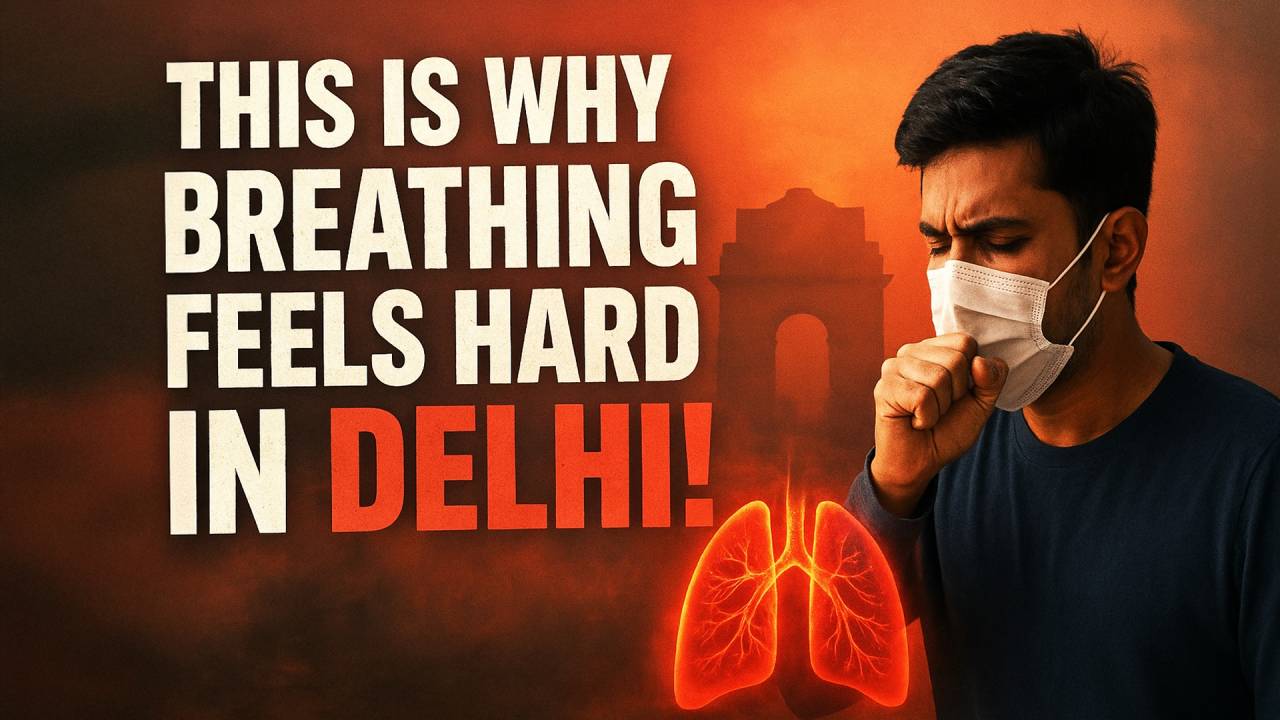Recognizing Common Symptoms and Knowing When to See a Doctor
Verified By Dr. Gopal Jee Sharma | 07-Dec-2024
Our bodies have a remarkable way of signaling when something isn't quite right. Symptoms like a lingering headache, persistent fatigue, or sudden abdominal pain are often the first signs that warrant our attention. While some ailments can be managed with rest and over-the-counter remedies, others may point to more serious health issues requiring medical expertise. Recognizing the difference between a minor discomfort and a potential red flag can make all the difference in ensuring timely and effective treatment.
Table of Content
Here are some common symptoms and guidelines on when to seek help from a doctor:
1. Fever and Chills
- Description: Elevated body temperature, often accompanied by chills or shivering.
- When to Seek Help: If the fever persists for more than three days, exceeds 103°F (39.4°C), or is accompanied by severe headache, rash, difficulty breathing, or chest pain, Vomiting, Pain Abdomen, Bodyache, Altered Sensorium
2. Persistent Cough
- Description: A cough that lasts for several weeks or produces blood.
- When to Seek Help: If the cough persists for more than one weeks, or is accompanied by fever, weight loss, or night sweats/ Blood in Sputum/ Difficulty Breathing, Wheezing
3. Shortness of Breath
- Description: Difficulty breathing or feeling like you can’t get enough air.
- When to Seek Help: If you experience sudden or severe shortness of breath, chest pain, or if it’s affecting your daily activities/ your oxygen level goes down.
4. Chest Pain
- Description: Any pain or discomfort in the chest area.
- When to Seek Help: If the pain is severe, lasts more than a few minutes, or spreads to the arm, neck, or jaw / Associated with breathing difficulty / With Sweating
5. Abdominal Pain
- Description: Pain in the stomach or abdomen area.
- When to Seek Help: If the pain is severe, persistent, or accompanied by fever, vomiting, swelling/ not passing Flatus or stools/ Associated with fever, lack of appetite
6. Headaches
- Description: Pain or discomfort in the head or upper neck.
- When to Seek Help: If the headache is severe, sudden, or accompanied by fever, stiff neck, confusion, or loss of consciousness/ Vomiting.
7. Dizziness or Fainting
- Description: Feeling lightheaded, unsteady, or fainting.
- When to Seek Help: If dizziness is frequent, persistent, or accompanied by chest pain, shortness of breath, severe headache/ Low pulse/ Vomiting
8. Unexplained Weight Loss
- Description: Significant weight loss without trying.
- When to Seek Help: If you lose more than 5% of your body weight in six months without a clear reason/ Associated with fever/ Lack of Appetite
9. Skin Changes
- Description: New moles, sores that don’t heal, or changes in existing moles.
- When to Seek Help: If you notice any suspicious changes in your skin, including changes in color, size, shape of moles/ along with fever.
10. Fatigue
- Description: Persistent and overwhelming tiredness.
- When to Seek Help: If fatigue is prolonged, unexplained, interfering with your daily life, associated with shortness of breath / chestpain.
Common Symptoms:
- Chest Pain: Pressure, squeezing, or pain in the chest that may spread to the neck, jaw, or arms, along with sweating.
- Shortness of Breath: Difficulty breathing during rest or physical activity.
- Palpitations: Irregular, fast, or pounding heartbeats.
- Dizziness or Fainting: Lightheadedness or sudden loss of consciousness.
- Swelling: Swelling in the legs, ankles, or feet.
When to Seek Help: If you experience any of these symptoms, especially if they are sudden or severe, seek immediate medical attention.
Also read: Rising Concern: Sudden Cardiac Death in Young Adults
Common Symptoms:
- Headaches: Persistent or severe headaches, especially if accompanied by nausea or vision changes, altered sensorium.
- Numbness or Tingling: Loss of sensation or tingling in the limbs or face.
- Weakness: Sudden weakness or paralysis in the arms, legs, or face.
- Seizures: Sudden, uncontrollable movements loss of consciousness, along with tounge bite and micturition.
- Confusion: Sudden confusion, trouble speaking, or understanding speech.
When to Seek Help: If you experience any neurological symptoms, seek prompt medical evaluation.
Common Symptoms:
- Joint Pain: Persistent or severe pain in the joints.
- Swelling: Swelling, warmth, or redness around a joint.
- Stiffness: Difficulty moving joints, especially after periods of inactivity.
- Bone Pain: Deep, aching pain in bones or joints.
- Mobility Issues: Difficulty walking, climbing stairs, or performing daily activities.
When to Seek Help: If orthopedic symptoms interfere with your daily life or worsen over time, consult an orthopedic specialist.
Common Symptoms:
- Abdominal Pain: Persistent or severe pain in the stomach area.
- Bloating: Excessive gas or a feeling of fullness.
- Nausea and Vomiting: Frequent episodes of nausea or vomiting.
- Changes in Bowel Habits: Diarrhea, constipation, or changes in stool color.
- Unexplained Weight Loss: Significant weight loss without trying.
When to Seek Help: If you experience persistent gastrointestinal symptoms, seek medical advice for proper diagnosis and treatment.
Common Symptoms:
- Cough: Persistent or chronic cough, especially if producing blood.
- Shortness of Breath: Difficulty breathing during rest or exertion.
- Wheezing: A high-pitched whistling sound while breathing.
- Chest Pain: Discomfort or pain in the chest, especially when breathing deeply or coughing.
- Fatigue: Persistent tiredness or weakness.
When to Seek Help: If you experience any pulmonary symptoms, particularly if they are severe or persistent, consult a pulmonologist.
Also read: Understanding Chest Pain While Running: Causes, Risks, and Prevention
Common Symptoms:
- Menstrual Irregularities: Heavy, painful, or irregular periods.
- Pelvic Pain: Persistent pain in the lower abdomen or pelvis.
- Vaginal Discharge: Unusual discharge, itching, or odor.
- Breast Changes: Lumps, pain, or changes in breast tissue.
- Urinary Issues: Frequent urination, pain during urination, or incontinence.
When to Seek Help: If you experience any gynecological symptoms, seek prompt evaluation by a gynecologist.
Common Symptoms:
- Rashes: Red, itchy, or inflamed skin.
- Moles: New moles or changes in existing moles.
- Acne: Persistent or severe acne.
- Skin Lesions: Non-healing sores or unusual growths.
- Itching: Persistent itching without a clear cause.
When to Seek Help: If you notice any dermatological changes or persistent skin issues, consult a dermatologist.
Common Symptoms in Children:
- Fever: Persistent or high fever.
- Rashes: Unexplained or widespread rashes.
- Ear Pain: Complaints of ear pain or frequent ear infections.
- Growth Concerns: Delayed growth or developmental milestones.
- Behavioral Changes: Sudden changes in behavior, appetite, or sleep patterns.
When to Seek Help: If your child exhibits any concerning symptoms, seek immediate pediatric evaluation.
Good health starts with awareness and timely action. Recognizing the significance of symptoms isn’t just about addressing discomfort—it’s about safeguarding your overall well-being. While not every ache or pain is cause for alarm, staying vigilant about changes in your body can prevent potential health risks. Trust your instincts, stay informed, and always prioritize your health by seeking professional guidance when needed. By taking small, proactive steps today, you pave the way for a healthier tomorrow.



 +91-9711918451
+91-9711918451
 international.marketing@kailashhealthcare.com
international.marketing@kailashhealthcare.com







